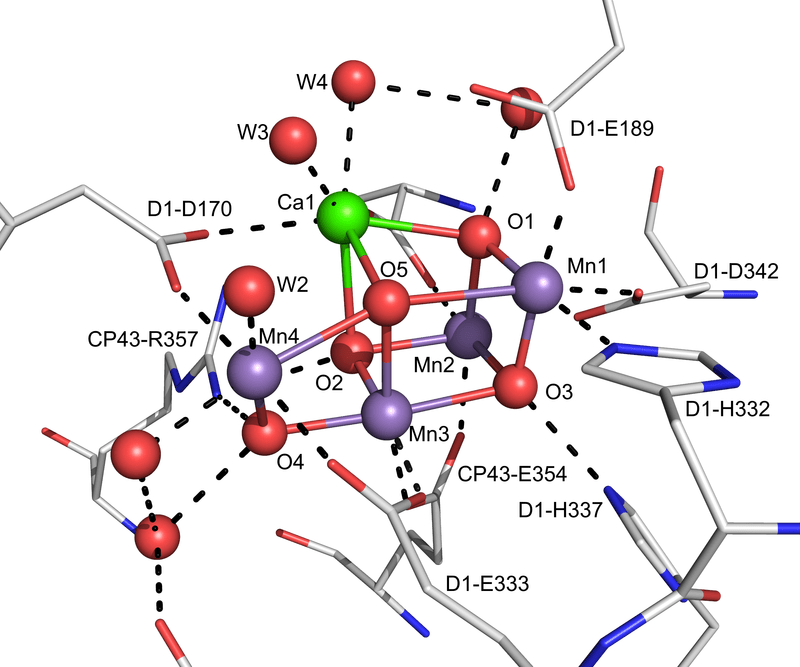Current treatment methods for mood disorders, addiction, and insomnia most often include pharmaceuticals and/or psychological therapies.
But what if there was another way we could tackle the treatment of these disorders?
Micronutrients as Mood Boosters, Micronutrients are essential dietary elements required by organisms in varying quantities throughout life to orchestrate a range of physiological functions to maintain health.
For human nutrition, micronutrient requirements are in amounts generally less than 100 milligrams per day, whereas macronutrients are required in gram quantities daily.
The “minerals” for humans and other animals are several elements.
Micronutrient requirements for animals also include vitamins, which are organic compounds required in microgram or milligram amounts.
Since plants are the primary origin of nutrients for humans and animals, some micronutrients may be in low levels and deficiencies can occur when dietary intake is insufficient, as occurs in malnutrition.
Micronutrients as Mood Boosters, Micronutrients, which include vitamins and minerals, play crucial roles in various physiological processes in the body, including those that influence mood and mental well-being. While they are not direct substitutes for professional mental health care, maintaining adequate levels of certain micronutrients in your diet may contribute to a positive mood. Here are some micronutrients that are often associated with mood regulation:
- Vitamin D: Known as the “sunshine vitamin,” vitamin D is linked to serotonin production, a neurotransmitter that contributes to feelings of well-being. Sunlight exposure is a natural source of vitamin D, and it can also be obtained through dietary sources like fatty fish, fortified dairy products, and supplements.
- Omega-3 Fatty Acids: Essential fatty acids, particularly omega-3s, are important for brain health. Fatty fish (such as salmon and mackerel), flaxseeds, chia seeds, and walnuts are good dietary sources. Omega-3s are associated with a lower risk of depression and may have mood-stabilizing effects.
- B Vitamins (B6, B9, B12): B vitamins play a role in the synthesis of neurotransmitters like serotonin and dopamine. Foods rich in B vitamins include whole grains, leafy greens, legumes, and animal products. Vitamin B12, in particular, is found in meat, fish, dairy, and fortified foods.
- Magnesium: Magnesium is involved in over 300 biochemical reactions in the body, including those related to mood regulation. It can be found in green leafy vegetables, nuts, seeds, whole grains, and legumes.
- Zinc: Zinc is an essential mineral that supports neurotransmitter function. Foods rich in zinc include meat, dairy, nuts, and whole grains.
- Iron: Iron deficiency can lead to fatigue and low energy levels, which can impact mood. Good dietary sources of iron include red meat, poultry, fish, beans, and fortified cereals.
- Folate (Vitamin B9): Folate is important for the synthesis of neurotransmitters. Leafy greens, legumes, and fortified grains are good sources of folate.
- Vitamin C: While primarily known for its role in the immune system, vitamin C also plays a role in the synthesis of neurotransmitters. Citrus fruits, strawberries, bell peppers, and broccoli are good sources.
It’s important to note that individual responses to nutrient intake can vary, and maintaining a balanced diet that includes a variety of nutrient-rich foods is crucial.



 Joan Cass
Joan Cass Joan Cass
Joan Cass